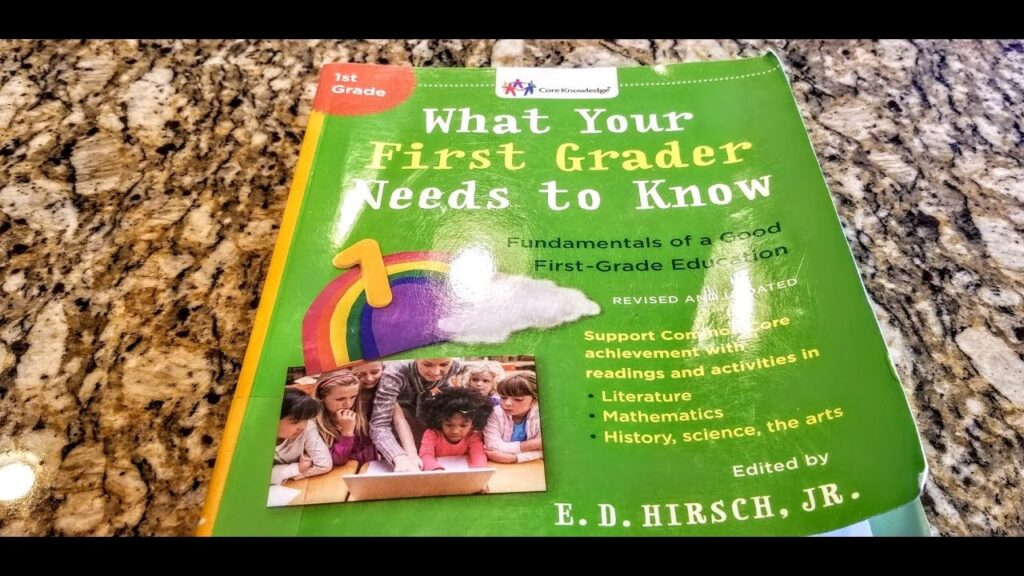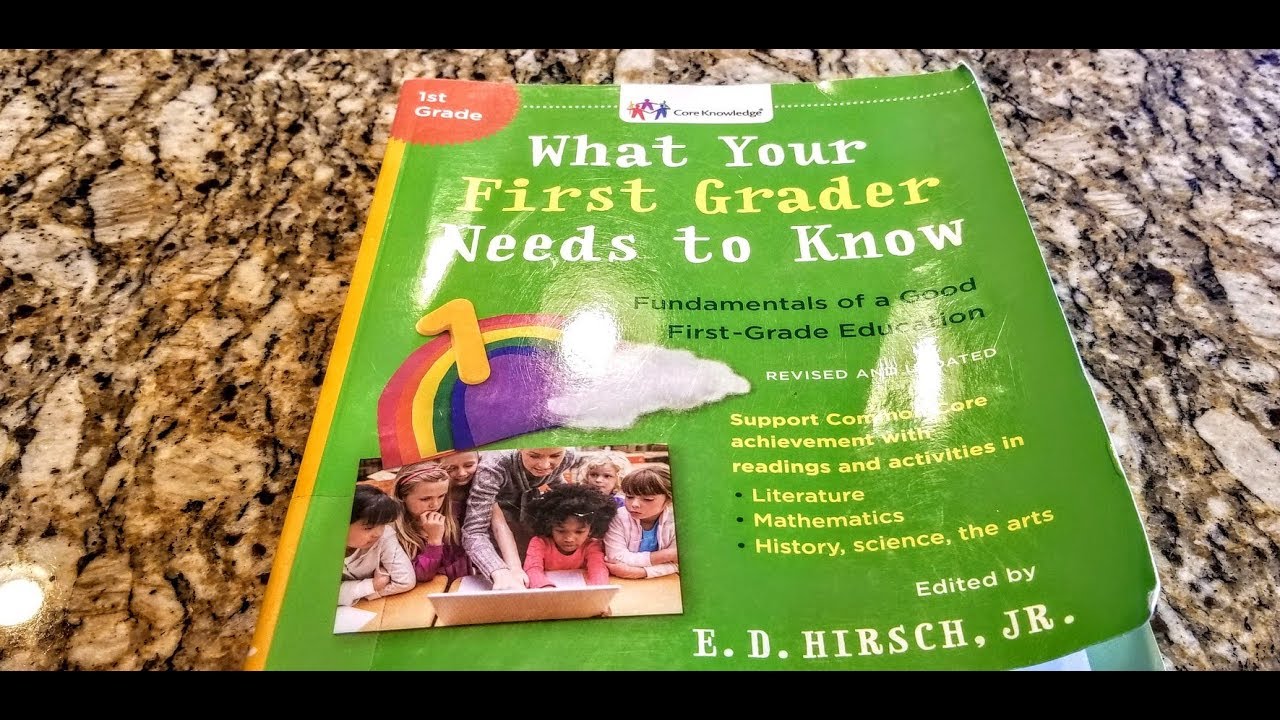
What Does a Third Grader Need to Know? A Comprehensive Guide for Parents and Educators
As children progress to the third grade, the academic and social-emotional expectations significantly increase. Parents and educators often wonder, what does a third grader need to know to succeed? This guide offers a detailed overview of the key skills, concepts, and developmental milestones that are typically expected of third-grade students. Understanding these expectations can help support children’s learning journey and ensure they are well-prepared for future academic challenges.
Core Academic Skills for Third Graders
Third grade marks a critical transition in a child’s education. It’s a year of significant growth in literacy, mathematics, science, and social studies. Let’s delve into each subject area to understand the specific knowledge and skills what a third grader needs to know.
Reading and Language Arts
Reading comprehension is a cornerstone of third grade. Students should be able to:
- Read fluently: This means reading at an appropriate pace with accuracy and expression. They should be able to read grade-level texts smoothly.
- Comprehend complex texts: What a third grader needs to know includes understanding the main idea, identifying key details, and making inferences from what they read.
- Understand different genres: Students should be familiar with various types of texts, such as fiction, non-fiction, poetry, and drama.
- Expand vocabulary: Learning new words and understanding their meanings in context is crucial.
- Write effectively: Third graders should be able to write clear and organized paragraphs, using proper grammar and punctuation. They learn to develop a topic with supporting details.
Specific skills include identifying the author’s purpose, understanding character motivations, and recognizing literary devices like similes and metaphors. Building a strong foundation in reading is essential for success in all other subjects. [See also: Improving Reading Comprehension Skills]
Mathematics
In mathematics, third graders build upon their understanding of numbers and operations. Key concepts include:
- Multiplication and division: Mastering multiplication facts and understanding the concept of division are fundamental.
- Fractions: Students are introduced to fractions and learn to identify, compare, and represent them.
- Geometry: Understanding basic geometric shapes, their attributes, and how to measure their area and perimeter.
- Measurement: Working with different units of measurement, such as inches, feet, centimeters, and meters, as well as time and volume.
- Problem-solving: Applying mathematical concepts to solve real-world problems.
What a third grader needs to know in math is not just memorizing facts, but also understanding the underlying concepts and applying them to solve problems. They should be able to explain their reasoning and justify their answers. [See also: Making Math Fun for Third Graders]
Science
Science in third grade focuses on observation, experimentation, and understanding the natural world. Students typically learn about:
- Life science: Studying plants, animals, and their life cycles. Understanding ecosystems and how living things interact with each other.
- Physical science: Exploring concepts like matter, energy, and motion. Conducting simple experiments to observe and understand these concepts.
- Earth science: Learning about the Earth’s features, weather patterns, and the solar system.
The scientific method is introduced, and students learn to formulate hypotheses, conduct experiments, and analyze data. What a third grader needs to know in science involves hands-on activities and critical thinking. [See also: Engaging Science Experiments for Kids]
Social Studies
Social studies in third grade often focuses on community, culture, and history. Students learn about:
- Community: Understanding the roles and responsibilities of individuals in a community. Learning about different types of communities and their functions.
- Culture: Exploring different cultures around the world and understanding the importance of diversity.
- History: Learning about historical events and figures that have shaped the world.
- Geography: Understanding basic map skills and learning about different regions and countries.
What a third grader needs to know in social studies includes developing an understanding of citizenship, empathy, and the interconnectedness of the world. They should be able to analyze information from different sources and form their own opinions. [See also: Teaching Kids About Different Cultures]
Social and Emotional Development
Beyond academics, social and emotional development is crucial for third graders. They are learning to navigate more complex social situations and develop important life skills. Here’s what a third grader needs to know in this area:
- Self-awareness: Understanding their own emotions, strengths, and weaknesses.
- Self-regulation: Managing their emotions and behaviors in a healthy way.
- Social awareness: Understanding the perspectives of others and showing empathy.
- Relationship skills: Building and maintaining positive relationships with peers and adults.
- Responsible decision-making: Making ethical and responsible choices.
Third graders should be able to resolve conflicts peacefully, communicate effectively, and work collaboratively with others. They are also developing a sense of responsibility and independence. [See also: Fostering Social-Emotional Learning in Children]
Key Milestones and Expectations
To summarize, here are some key milestones and expectations for third graders:
- Reading: Reading fluently and comprehending complex texts.
- Writing: Writing clear and organized paragraphs with proper grammar and punctuation.
- Math: Mastering multiplication and division facts, understanding fractions, and solving word problems.
- Science: Understanding basic scientific concepts and conducting simple experiments.
- Social Studies: Learning about community, culture, and history.
- Social-Emotional: Developing self-awareness, self-regulation, and relationship skills.
Understanding what a third grader needs to know allows parents and educators to provide targeted support and create a positive learning environment. By focusing on both academic and social-emotional development, we can help children thrive in third grade and beyond.
Supporting Your Third Grader’s Success
There are many ways to support your third grader’s success. Here are a few tips:
- Read with your child: Encourage them to read aloud and discuss what they are reading.
- Practice math facts: Make learning math facts fun with games and activities.
- Encourage curiosity: Foster a love of learning by encouraging your child to ask questions and explore the world around them.
- Provide a supportive environment: Create a home environment that is conducive to learning.
- Communicate with teachers: Stay in touch with your child’s teacher to monitor their progress and address any concerns.
By working together, parents and educators can help third graders reach their full potential. Remembering what a third grader needs to know is the first step in guiding them towards a successful and fulfilling educational journey. Understanding the curriculum and developmental milestones is paramount. Knowing what a third grader needs to know will help you help them succeed. Knowing what a third grader needs to know will also allow you to identify areas where they may need additional support. Knowing what a third grader needs to know also empowers you to be a better advocate for your child’s education.
In conclusion, what a third grader needs to know encompasses a wide range of academic and social-emotional skills. By understanding these expectations and providing appropriate support, we can help children thrive in third grade and prepare them for future success. Remember to celebrate their achievements and encourage their growth along the way. The journey of a third grader is filled with learning, discovery, and personal development, and with the right guidance, they can achieve great things. Knowing what a third grader needs to know is a collaborative effort between parents, educators, and the students themselves. The third grade year is pivotal for building essential skills. Knowing what a third grader needs to know is essential for setting them up for success in future grades.

